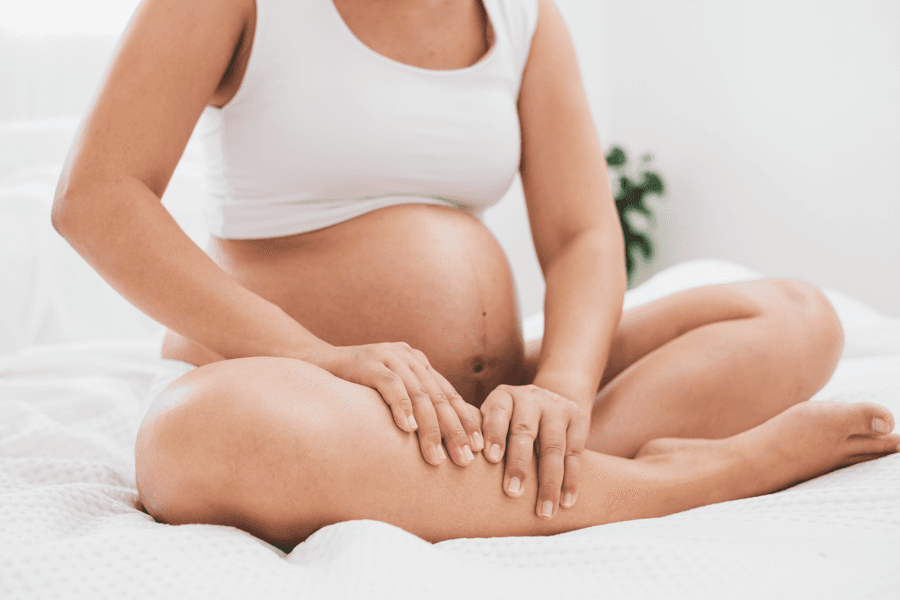The baby's movements should not decrease towards the end of the pregnancy, but they should be as frequent and as strong as before. But as the baby grows, there is not as much room to turn or change position as before, therefore the nature of the movements can change. One reason may also be that the head is fixed in the pelvic entrance. When the baby's head is fixed as such, it is not uncommon to feel a stinging sensation in the pelvis, it is because the baby moves its head towards your pelvis and then accesses nerves that cause you to experience this.
Not feeling your baby move as usual and feeling anxious about fetal movements is something many people experience during pregnancy. It is often difficult to know what is normal and when to seek care. In general, it can be said that if you experience that your baby moves less or has a feeling that something is irregular and deviating, you should contact the care. The baby should follow its own pattern and the movements should be as strong as you are normally used to. You should feel your baby clearly a few times a day, so do not hesitate to contact us if you are worried about your baby's movements. You can call directly to the clinic you plan to give birth at. The midwife who answers the phone will help you.
Sources:
- Akselsson A, Lindgren H, Georgsson S, Pettersson K, Steineck G, Skokic V, Rådestad I. Mindfetalness to increase women's awareness of fetal movements and pregnancy outcomes: a cluster-randomised controlled trial including 39 865 women. BJOG. 2020 Jun;127(7):829-837. doi: 10.1111/1471-0528.16104. Epub 2020 Feb 8. PMID: 31971325.
- Kaplan, A. (red.) (2009). Lärobok för barnmorskor. (3., omarb. uppl.) Lund: Studentlitteratur.
- Myles, M.F., Marshall, J.E. & Raynor, M.D. (red.) (2014). Myles textbook for midwives. (16th edition). Edinburgh: Elsevier.
